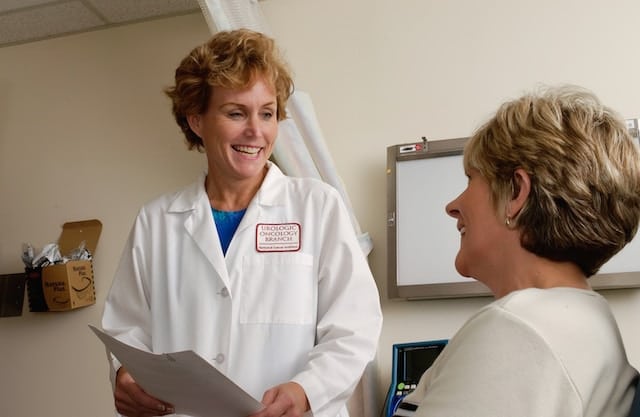Video appointments, also known as telemedicine, are being touted by some as a silver bullet for solving capacity issues in ...
The digital transformation wave has not left the healthcare industry untouched. Amidst this evolution, practice management software (PMS) has emerged as a cornerstone for healthcare practices. But what is the core purpose of this software, and why has it become so integral? Let’s unravel the answers. 1. Centralization of Administrative Tasks A Unified Platform: At […]

The digital transformation wave has not left the healthcare industry untouched. Amidst this evolution, practice management software (PMS) has emerged as a cornerstone for healthcare practices. But what is the core purpose of this software, and why has it become so integral? Let’s unravel the answers.
A Unified Platform: At its core, Practice management software provides a single platform to manage diverse administrative tasks. Whether it’s scheduling appointments, billing, or managing patient information, everything can be accessed from a unified dashboard, streamlining daily operations.
Eliminating Overlaps and Gaps: With a PMS, clinics can automate appointment bookings, reminders, and follow-ups. This reduces patient no-shows, ensures optimal utilization of resources, and prevents double bookings or scheduling conflicts.
Accuracy and Timeliness: PMS integrates billing codes, insurance details, and patient charges, making the billing process more efficient. Automated invoicing, insurance claims processing, and financial tracking mitigate errors and ensure timely reimbursements.
A Holistic View: Gone are the days of physical files. PMS offers digital patient records, ensuring that healthcare providers have a comprehensive view of patient history, treatments, allergies, and more at their fingertips.
Meeting Standards: Healthcare data is sensitive. PMS solutions are designed with robust security protocols and are often updated to remain compliant with healthcare regulations, ensuring that patient data is both secure and handled in line with legal standards.
Bridging Gaps: Whether it’s communication between various departments in a healthcare facility or between the healthcare provider and the patient, PMS offers tools to ensure seamless, efficient, and secure communication channels.
Data-driven Decisions: PMS isn’t just about managing day-to-day tasks. With integrated analytics, clinics can gain insights into patient demographics, appointment trends, revenue streams, and more, aiding in informed decision-making.
Future-ready: As a healthcare practice grows, so do its administrative challenges. PMS solutions are designed to be scalable, ensuring that as your practice expands, the software adapts without requiring complete overhauls.
Unified Ecosystem: PMS often integrates seamlessly with other digital healthcare solutions like Electronic Health Records (EHR), telehealth platforms, or lab systems, ensuring a cohesive digital ecosystem.
Practice management software is more than just a digital tool; it’s the backbone of modern healthcare practices aiming for efficiency, accuracy, and patient satisfaction. By automating and optimizing administrative tasks, PMS allows healthcare providers to focus on what truly matters – patient care.